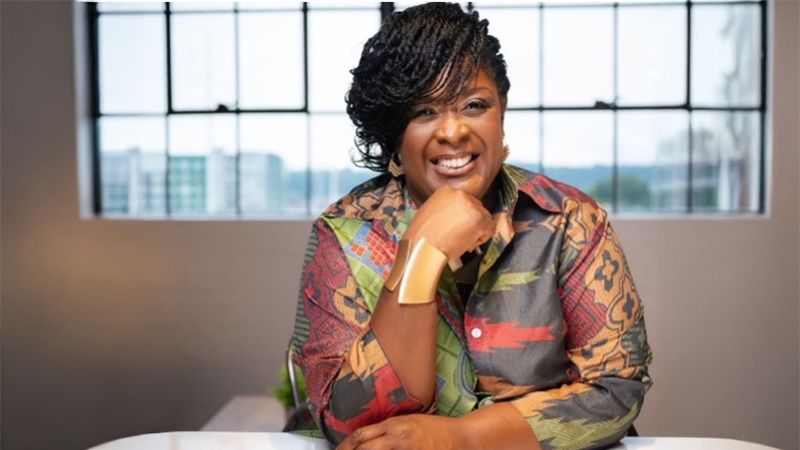Educators Must Spread Carter G. Woodson’s Legacy Over The Entire School Year


Many schools across the nation look identical during February. The hallways are adorned with posters of Black historical figures. The classroom doors are decorated in positive messages that tell Black students that their skin and hair are beautiful. Sometimes there are assemblies with Black speakers from the community to talk about local history.
While appreciated, it is not enough for the rest of the school year.
Black History Month came from the work of historian Carter G. Woodson. A pioneer in his field in the early 20th Century, Woodson did his work against the backdrop of the racially oppressive United States. He also served his people as a dean of Howard University, a Historically Black College and University (HBCU). One of his contributions to the field was to start Black History Week in February. He chose the week that hosted both the birthdays of Abraham Lincoln and Frederick Douglass for the commemoration. Over time, the week was extended into the month that makes most schools look familiar for about 28 to 29 days.
Woodson worked to revise a system that did not value Black knowledge. He was the son of slaves. He somehow got the learning he needed to get to and graduate college, and then to graduate school. Woodson worked and wrote in the tradition to eliminate the barriers he had to overcome to attain his professional success.
School leaders who take Black History Month and Woodson’s legacy seriously must adopt his assault on the barricades of Black academic progress within schools. School programming, from teacher effectiveness to leader preparation, must match the pageantry of the month for the entire school year if we want to give Black children the education needed for them to live a life of choice and meaning.
- Accelerate the learning of Black students. The pandemic has disrupted the learning of all students. Given that the American educational landscape was riven with inequality on the basis of race before COVID-19, the crisis has only widened opportunity gaps. Honoring Black history and Woodson’s legacy means creating a school system where students have access to grade-level content and instruction in a way that accelerates their learning. It forces daily reflection on, for many educators, a radical question–what was the impact of your behavior and decisions on the academic outcomes of your students?
- Implement culturally relevant curriculum. The work students do must be at grade level and provide opportunities for scaffolding. It also must teach the richness of Black history to keep them engaged. “Maybe it’s not that kids and teens of color and other marginalized and minoritized young people don’t like to read,” argues Ebony Thomas, author of The Dark Fantastic: Race and the Imagination from Harry Potter to the Hunger Games. When choosing curricula for Black students, educators must consider how “story representation shapes not only the lives of young people today but whether they will want to pick up the next book, or the other media associated with it, tomorrow.” The learning materials we place in front of students must portray Black life as complex.
- Recruit and retain Black teachers. The research is clear: Black teachers obtain higher educational and behavioral outcomes for all students. Yet recent reports show that they are leaving the profession in higher numbers. While we can attribute this partly to pandemic fatigue and the issues of teacher pay, they are also leaving due to school cultures that do not promote their well-being and development. In many ways, our public education system is creating the conditions that kept a talented Black educator like Woodson out.
- Develop and support Black principals and instructional leaders. The work of accelerating Black students and supporting Black teachers to stay and thrive in the profession ultimately is the work of school leadership. In the same way that Woodson supported many future leaders as a dean at Howard University, systems must support the development of Black principals and instructional leaders. HBCUs provide a strong talent pool for recruitment. For development, these leaders will need coaching on equitable instructional practices such as learning acceleration. Districts and charter management organizations, most importantly, must make changes necessary to make the learning environment hospitable to their leadership. That means giving them real power, ongoing support, and the ability to make and learn from mistakes.
Validating Black students is something that goes beyond the pageantry that ends on the 28th of February; Woodson only envisioned that as a starting point. The validation must be year-round and be manifest in the adults who teach and lead within the learning community. Investing in Black leadership is a surefire way to ensure that Woodson’s legacy is honored year-round.




.svg)
.svg)
.svg)
.svg)



.svg)
.svg)








